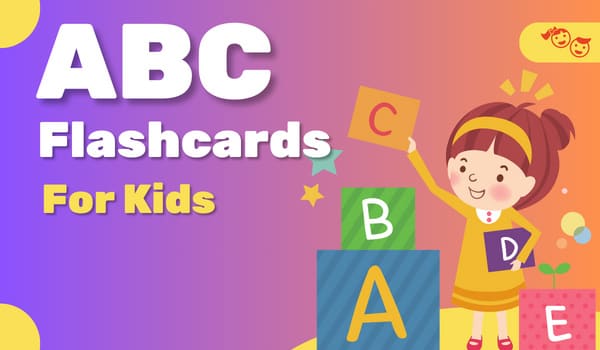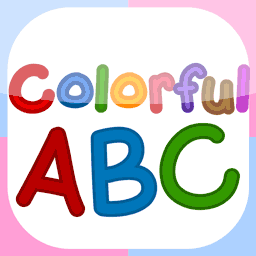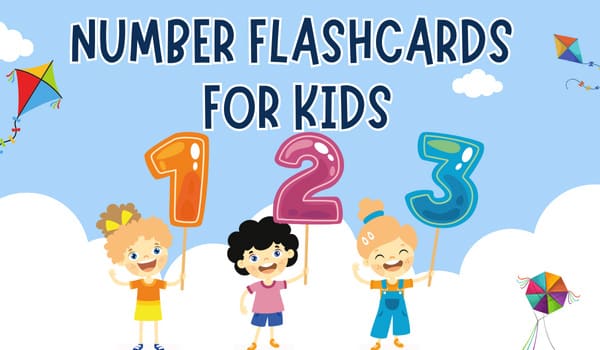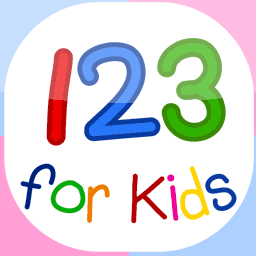As technology continues to integrate into our lives, it naturally extends to early childhood education. An influx of educational apps for toddlers has flooded the market, claiming to provide interactive learning experiences that are both enjoyable and beneficial.
The integration of technology into early childhood education has sparked debate. Some argue that it hinders child development, while others highlight its potential to enhance learning.
Are Educational Apps Beneficial for Toddlers?
Technology undoubtedly plays a significant role in our lives; however, its impact on young children needs careful consideration.
On one hand, technological advancements have made learning more accessible and engaging for children. These apps offer interactive activities, colorful graphics, and engaging sounds that captivate a child’s attention, making learning fun. They target specific skills such as letter recognition, numbers, or hand-eye coordination, proving useful for early childhood education.
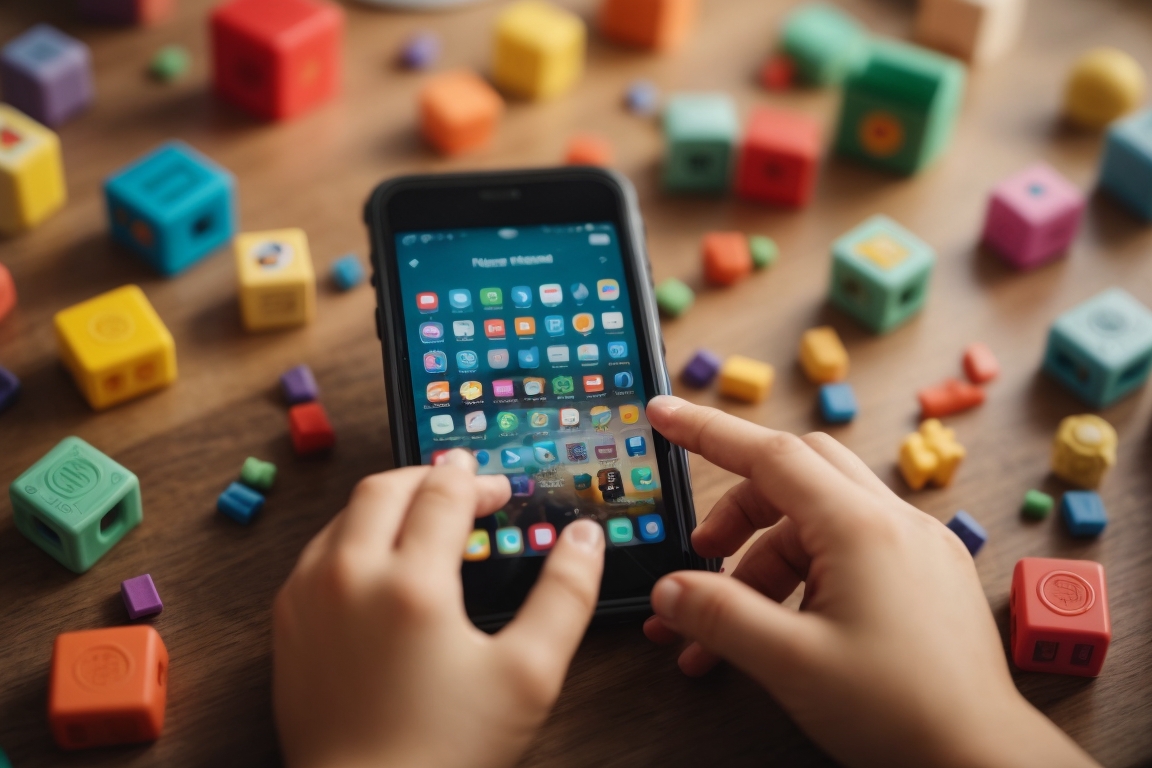
Conversely, concerns exist that technology use at a young age may have negative effects on a child’s development. Excessive screen time has been linked to issues like attention deficit, delayed language skills, and disrupted sleep patterns. Some argue that these apps may hinder the development of crucial social skills and creativity.
What is the answer? Are educational apps beneficial for toddlers, or do they pose a risk to their development? The truth likely lies somewhere in the middle. While educational apps can be a helpful tool, finding a balance and not relying on them as the sole source of learning for young children is important.
According to PubMed Central,
Preschool-aged children who own devices spend an average of 115.3 minutes daily on screens. The most frequently visited apps were YouTube, followed by YouTube Kids and Internet browsers.
The Role of Parents and Educators:
At its core, the role of parents and educators is to guide and support a child’s learning and development. This includes monitoring technology use and ensuring a balance between screen time and other activities.
Educators also have a responsibility to thoughtfully incorporate technology into the classroom. Instead of replacing traditional teaching methods entirely, technology can serve as a tool to enhance learning and provide additional resources for students.

